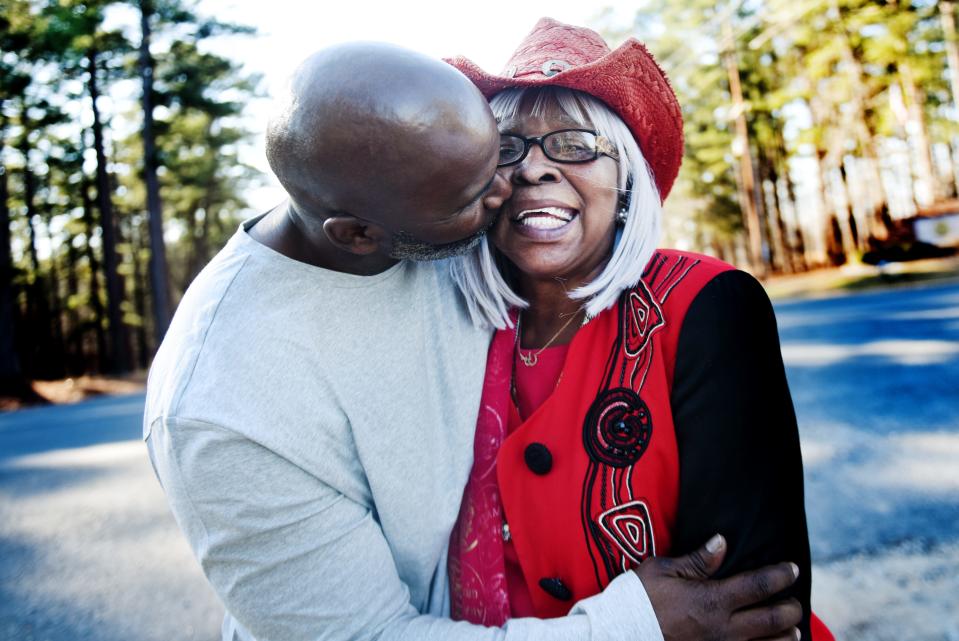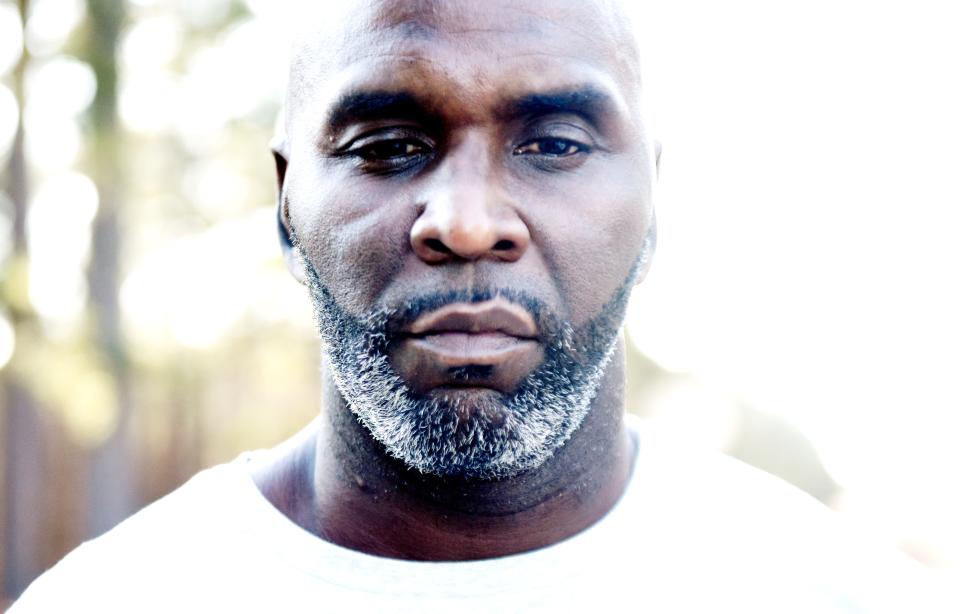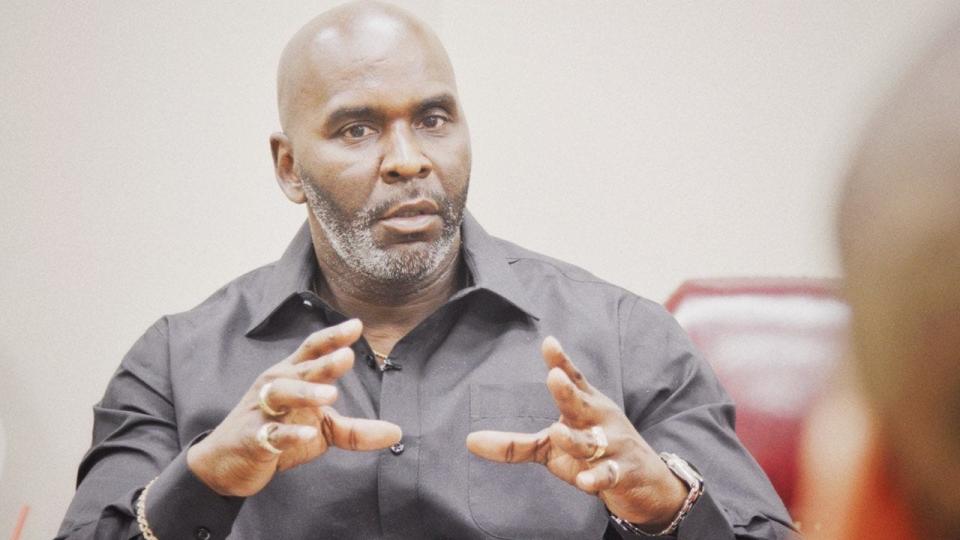How a Shreveport man continues to fight for those affected by Jim Crow jury convictions
Until 2020, Louisiana has been an outlier among states allowing people to be convicted of serious offenses without the unanimous consent of a jury.
In 2020, the U.S. Supreme Court deemed non-unanimous juries unconstitutional in Ramos v. Louisiana. This case eliminated non-unanimous jury convictions for felony cases after 2019 in Louisiana.
However, this did not apply to those who were already incarcerated under these verdicts. Non-unanimous jury convictions have left more than 1,500 Louisianans imprisoned, most are serving life sentences without the possibility of parole.
These verdicts, which would have resulted in a mistrial in every other state except Oregon, left families to grapple with the fallout.
More: What was the case that ended Jim Crow juries in Louisiana and why are people still in jail?
Mollie Peoples spent 25 years navigating the world with a son incarcerated on a 10-2 jury verdict.
"The jury came back with a verdict and I had a massive stroke," Peoples said.
In 1997, Brandon Jackson, 49, was convicted of armed robbery after his alleged involvement in a holdup at the Applebee's in Bossier City. This conviction sentenced Jackson to life in prison.
"My priority in life after I retired was to be there for him," Peoples said. "I didn't want him to think that he was forgotten. I knew I had to be in the courtroom every time he went to court."

Jim Crow Juries
For more than 120 years, Louisiana maintained a practice that allowed individuals to be convicted of crimes and sentenced to life in prison even though two jurors dissented.
These convictions were nicknamed “Jim Crow Jury” convictions because of the role that they played in implicitly working to maintain white supremacy in Louisiana.
"The Jim Crow jury scheme is a racist, unconstitutional method depriving Louisianans of their right to a jury trial. We are hopeful that the Louisiana Supreme Court will heal Louisiana of the self-inflicted wound on our justice system," said Claude-Michael Comeau, Attorney with The Promise of Justice Initiative.
Read: Attorney in 'Jim Crow jury' cases discusses impact of Louisiana Supreme Court move
More than 80% of people with Jim Crow Jury verdicts were Black.
"The impact of Black enslavement remains clearly visible in Louisiana's high incarceration. And the legislation has had its knee on not only my neck but every prisoner's neck," said Jackson. "We have been dehumanized since slavery in every aspect of that word. Even though Ramos helped a lot to regain their freedom, it wasn't a victory shared by all."
On Feb. 11, Jackson was released on parole. When he was released Peoples said in a prior interview, "25 and half years of waiting. I can sleep with some peace."
Life after prison

Jackson has been out of prison for three months and during that time he has been working toward experiencing a life he missed.
Peoples said his nieces recently came into town and he got to play Jenga for the first time with them.
"It just amazes you the little things that we take for granted that when they have been in prison and get out it is really something for them," said Peoples. "We take the little game for granted, it was a marvel to him."
More: Louisiana man sentenced to life in 1997 by Jim Crow jury practice granted parole
Jackson is out of prison on parole after serving 25 years in prison. Over the past two years, Jackson has filed a post-conviction retrial but upon every court date, the judge stayed the decision.
In the first court hearing in Oct. 2021, Judge Michael Nerren denied Jackson’s post-conviction relief stating that he wanted the Louisiana Supreme Court’s opinion before deciding.
On Feb. 3, Judge John Robinson stayed the case until July 28, stating this case ultimately needs to be seen by the Louisiana Supreme Court.
Jackson is free now but he is still fighting for his justice.

"I haven't stopped fighting for the ones that still are being oppressed by this racist law," said Jackson.
Since Jackson's release, he has been steadily working to help formerly incarcerated individuals create a brighter future.
In recent weeks Jackson has made a trip to the state capital hill to discuss the importance of non-unanimous juries and the effect it has had on so many people.
Makenzie Boucher is a reporter with the Shreveport Times. Contact her at mboucher@gannett.com.
This article originally appeared on Shreveport Times: Shreveport man continues to fight Jim Crow jury convictions

